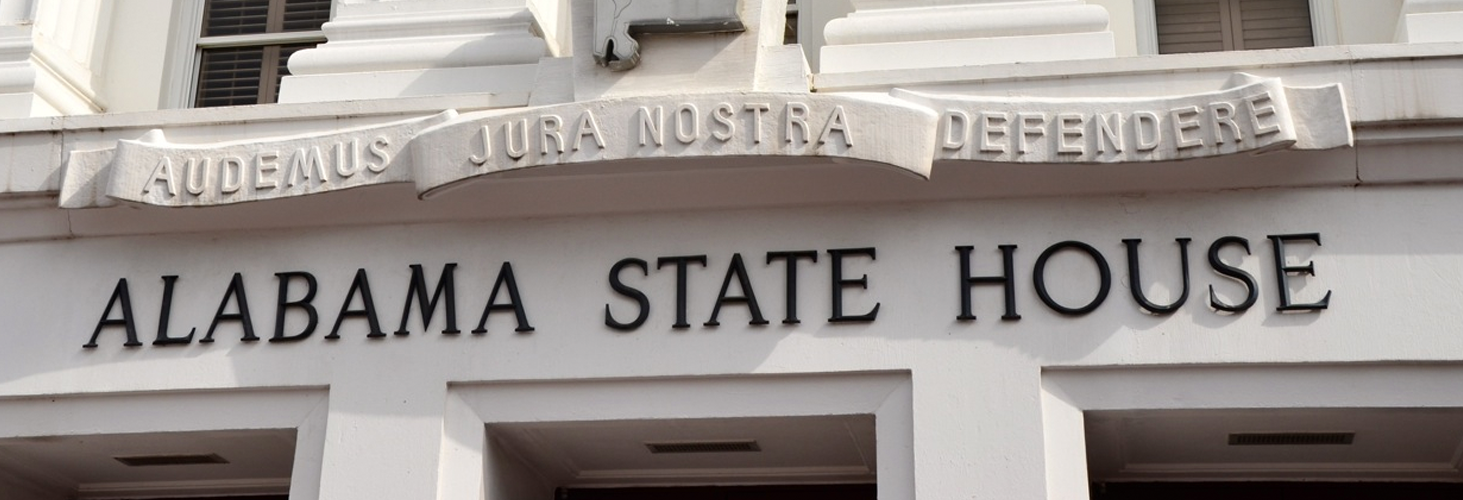By Brandon Moseley
Alabama Political Reporter
On Monday, August 15, the Alabama Legislature will meet in Special Session to consider Alabama Governor Robert Bentley’s proposal that the State pass a constitutional amendment, authorizing the Legislature to institute a lottery, to increase funding for the State General Fund (SGF). Gov. Bentley claims that his lottery will generate $225 million a year in new revenues for the SGF, if the voters ratify the amendment.
Many sources question those “rosy” projections, but whatever money actually does come in, will arrive much too late to help the 2017 State General Fund (SGF), which goes in to effect on October 1.
The legislature has level funded Alabama Medicaid at the 2016 level of $700 million. Gov. Bentley has requested $785 million to offer the same level of Medicaid benefit that the State offered last year, and to implement the Medicare Reform plan that the legislature passed in 2013.
The State has gotten permission from the Obama Administration to switch from a State run fees for a service model, to a managed care model that would transfer management of the expensive program to regional care organizations (RCOs).
Implementing the RCOs this year is going to require another $50 million.
Sen. Billy Beasley (D-Clayton) said, “I support increased funding for the Medicaid Agency in the special session! The agency needs an additional eighty-five million dollars. The doctors who provide medical services for Medicaid patients are dedicated professionals.”
Senate Majority Leader Greg Reed (R-Jasper) said in July, “Administrators at the Federal Centers for Medicare and Medicaid Services (CMS) have offered Alabama $748 million over the next five years to jumpstart the RCOs. But CMS has made it clear that the $748 million, and Alabama’s waiver to implement the RCO reform, depends on the state adequately funding Medicaid.”
Sen. Reed insisted, “We must find a way to solve Medicaid’s $85 million budget shortfall, both to protect a program that nearly one million Alabamians rely on, and to move forward with these long-term reforms that will slow Medicaid’s exploding costs.”
On Tuesday, August 9, Sen. Jim McClendon (R-Springville) presented his own version of a lottery plan. Along with that package was a plan to fully fund Medicaid for 2017 by borrowing the $85 million against future lottery revenues.
During the 2016 Regular Session, the House of Representatives passed a plan to simply raid that money from the BP oil spill settlement. The Governor and the Legislature had promised they would pay back the Alabama Trust Fund with that money, which the legislature raided in the 2009, 2010, 2013, 2014, and 2015 budget years. Much of it went to propping up the increasingly expensive State Medicaid program that is growing far faster than the economy or State revenues. That plan was rejected in committee when it reached the State Senate.
Last September, the legislature raised $82 million in taxes on nursing home beds, prescription drugs, and cigarettes and raided $82 million in use taxes from the Education Budget in order to prop up the State General Fund Budget after the last of the $437 million in raided Alabama Trust Fund budget money was spent.
Governor Bentley wanted the legislature to raid another $80 million of use taxes from Education to the General Fund, but the legislature declined and instead, gave the teachers a much bigger raise that what Bentley wanted to give.























































